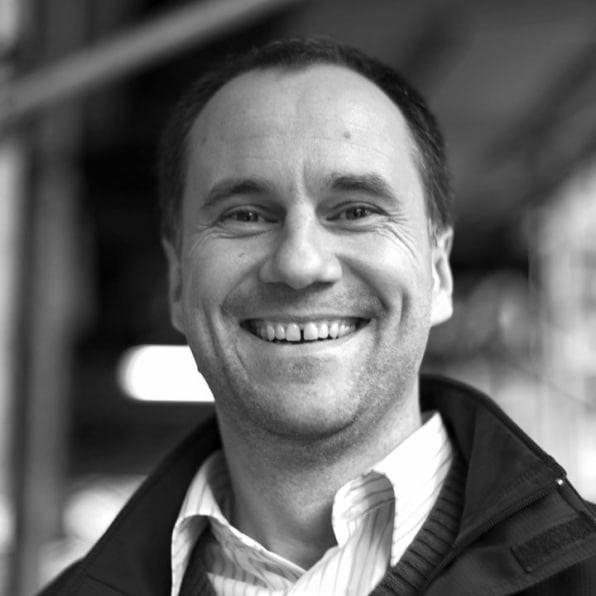LISTEN: We’re Entering the Knowledge Age, But Making It All About Money Is A Mistake
An intractable political divide. Climate change. The nuclear threat from North Korea.
If you’re worried about the future, you certainly can be forgiven. Yet venture capitalist Albert Wenger, for his part, sounds awfully sanguine.
The reason: The spread of digital technology, he says, is going to “dramatically accelerate the knowledge loop” through which people learn new things, create solutions to major problems as a result, and then share their solutions with others who, in turn, will learn as well.
By “accelerating the knowledge loop, we can drive down the cost of a lot of physical things,” Wenger, a partner at Union Square Ventures, told me on the latest episode of my podcast, The Bottom Line.
“So, how do we drive down the cost of energy, for instance?” Wenger asks. “Well, we drive it down by creating . . . more powerful technology, like better solar cells. How do we get clean water to everybody? Well, we drive down the cost of filtering water. And we do that by having more knowledge.”

Wenger suggests that the shift from the industrial age we currently inhabit to a knowledge age promises to be as profound as when civilization moved from foraging to farming, or from the agrarian age to the industrial age.
But getting from here to there won’t happen automatically. As Wenger sees it, people will need “economic freedom” (which is why he’s advocating a universal basic income), “informational freedom” (in which individuals—and not big tech companies—control the flow of content and computation), and “psychological freedom” (so that we don’t become “prisoners of parts of the brain that simply crave another little information hit, a little dopamine hit”).
“We’ve sometimes forgotten how important knowledge is,” Wenger says. “We are not really encouraging a lot of curiosity. We’re not really encouraging knowledge as a thing that makes us distinctly human, but rather as an instrument of making money. And that, I think, will turn out to be a mistake.”
You can listen to my entire interview with Wenger here, as well as Robin Urevich reporting on Alaska’s version of a basic income, and Natalie Foster examining what the Affordable Care Act means for entrepreneurs.
The Bottom Line is a production of Capital & Main.
Fast Company , Read Full Story
(49)













